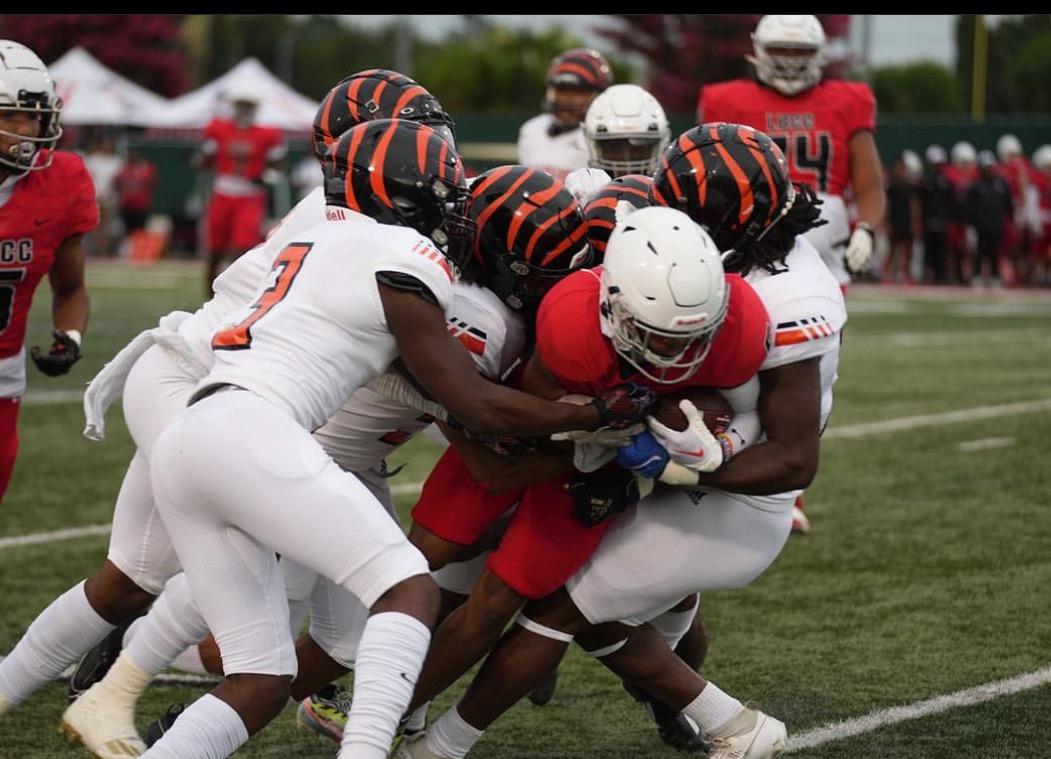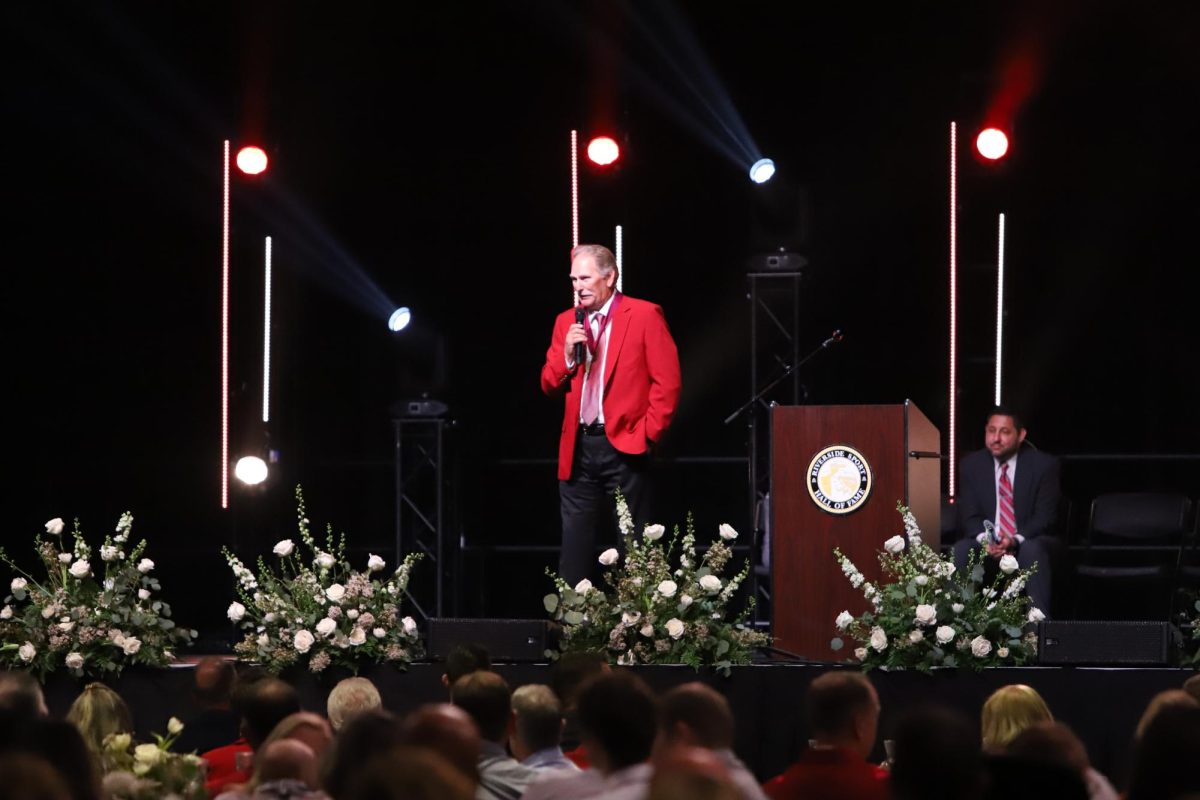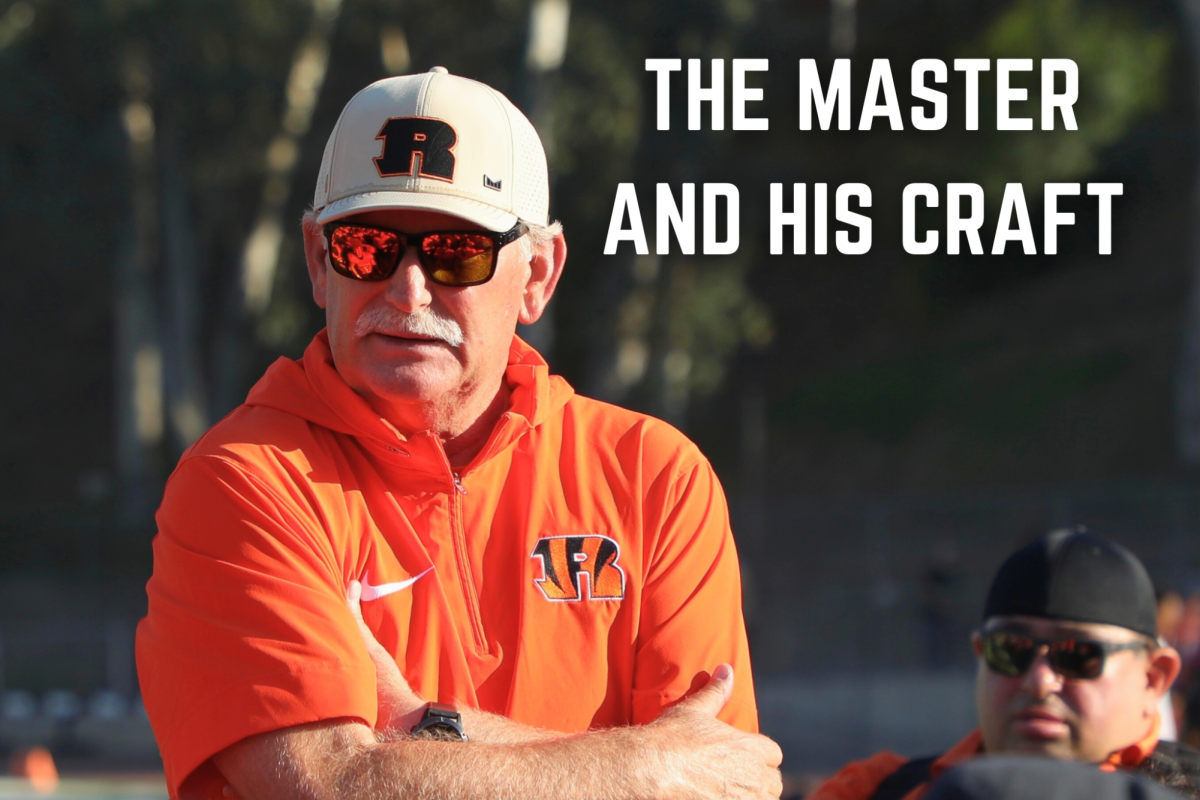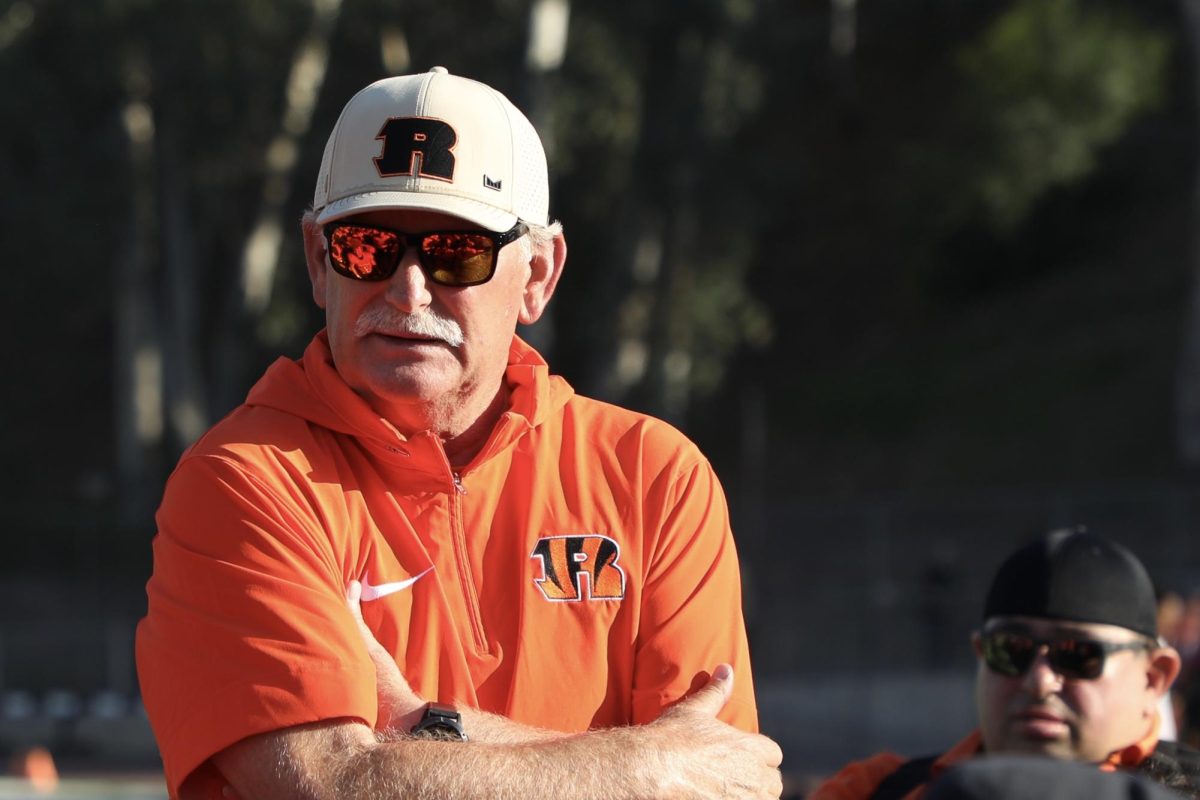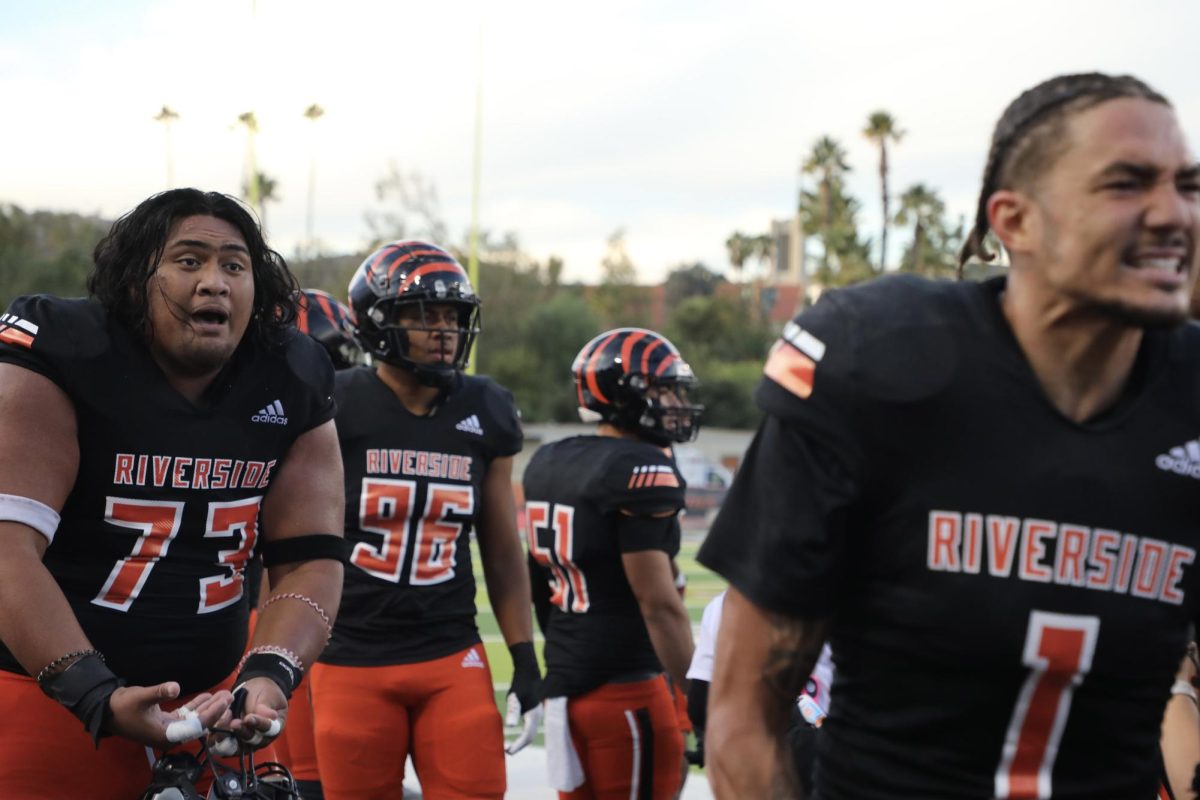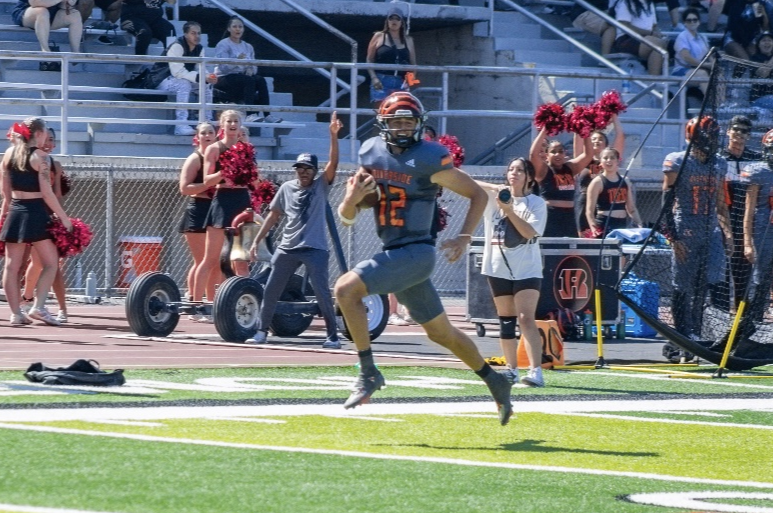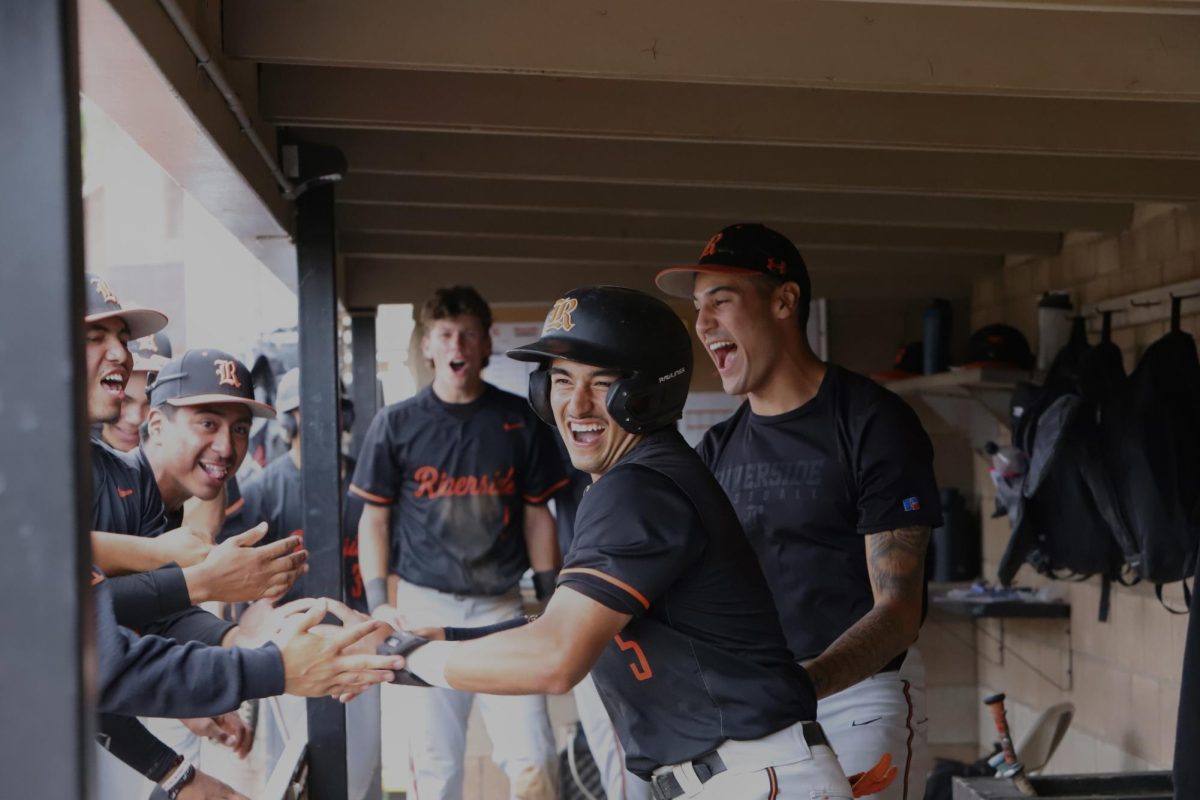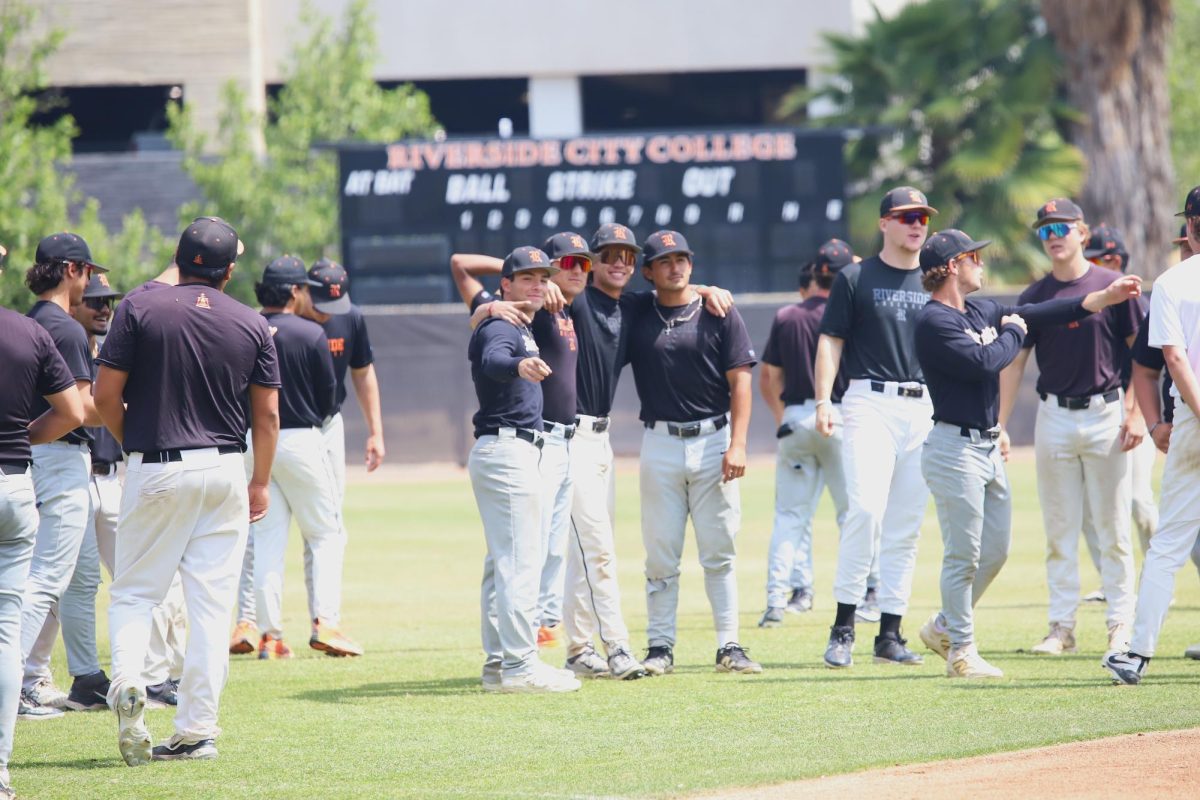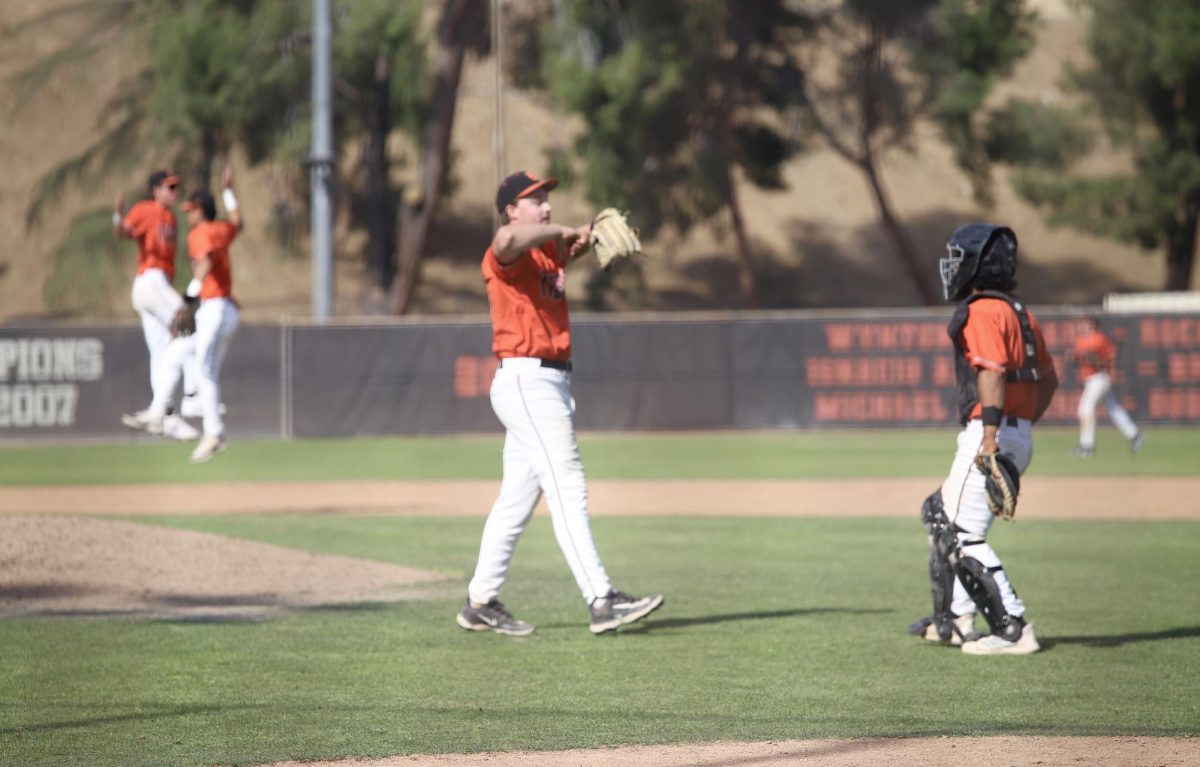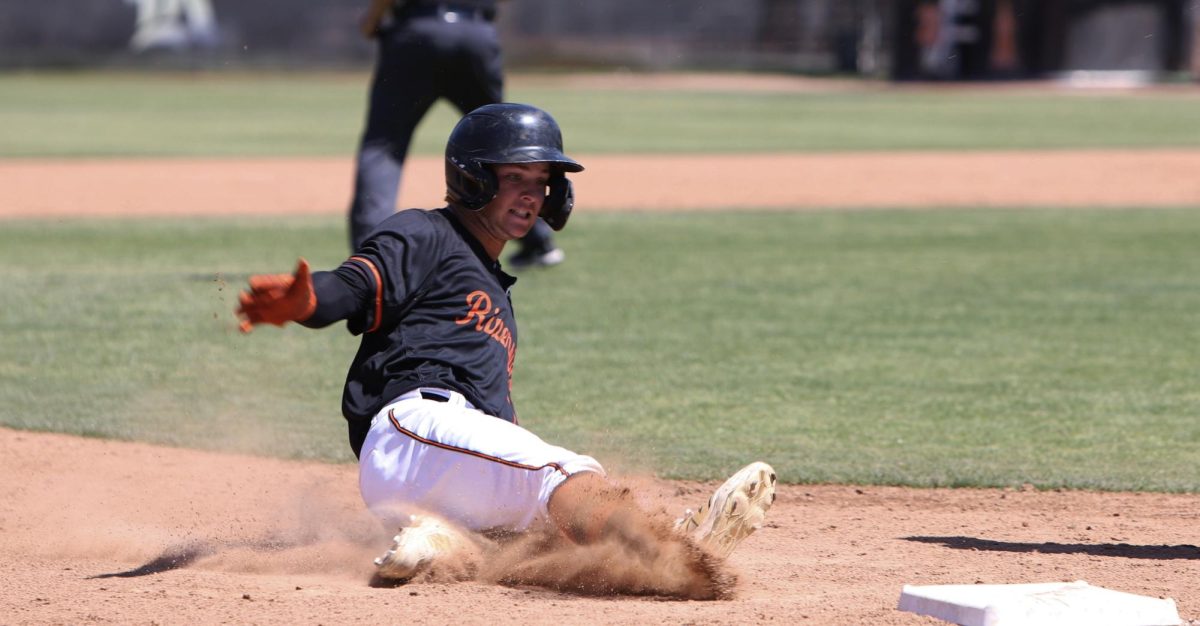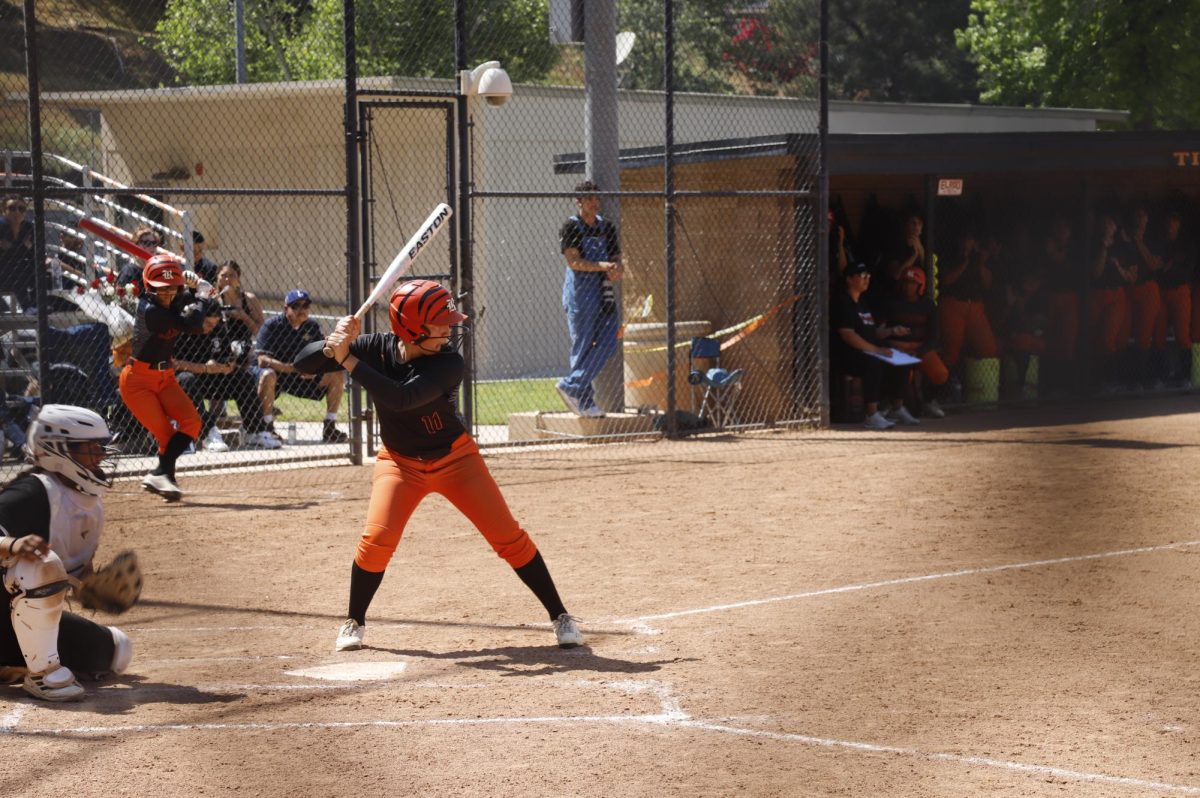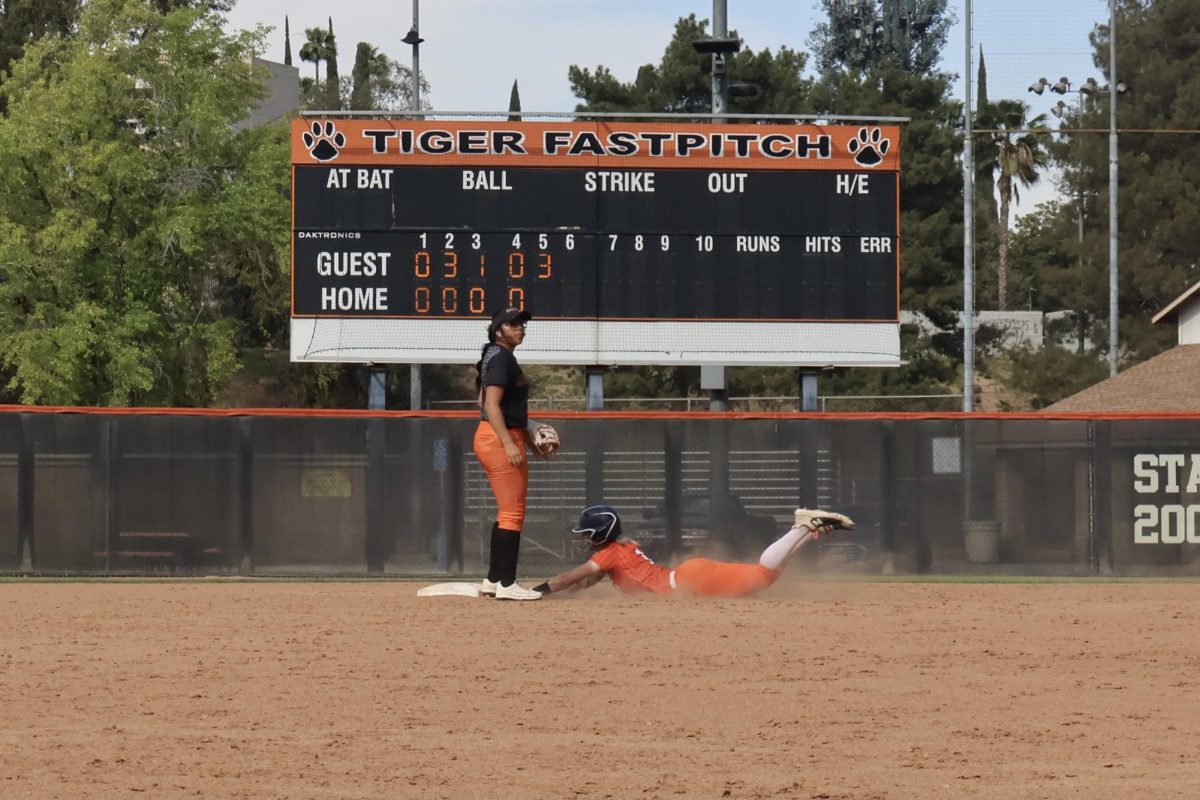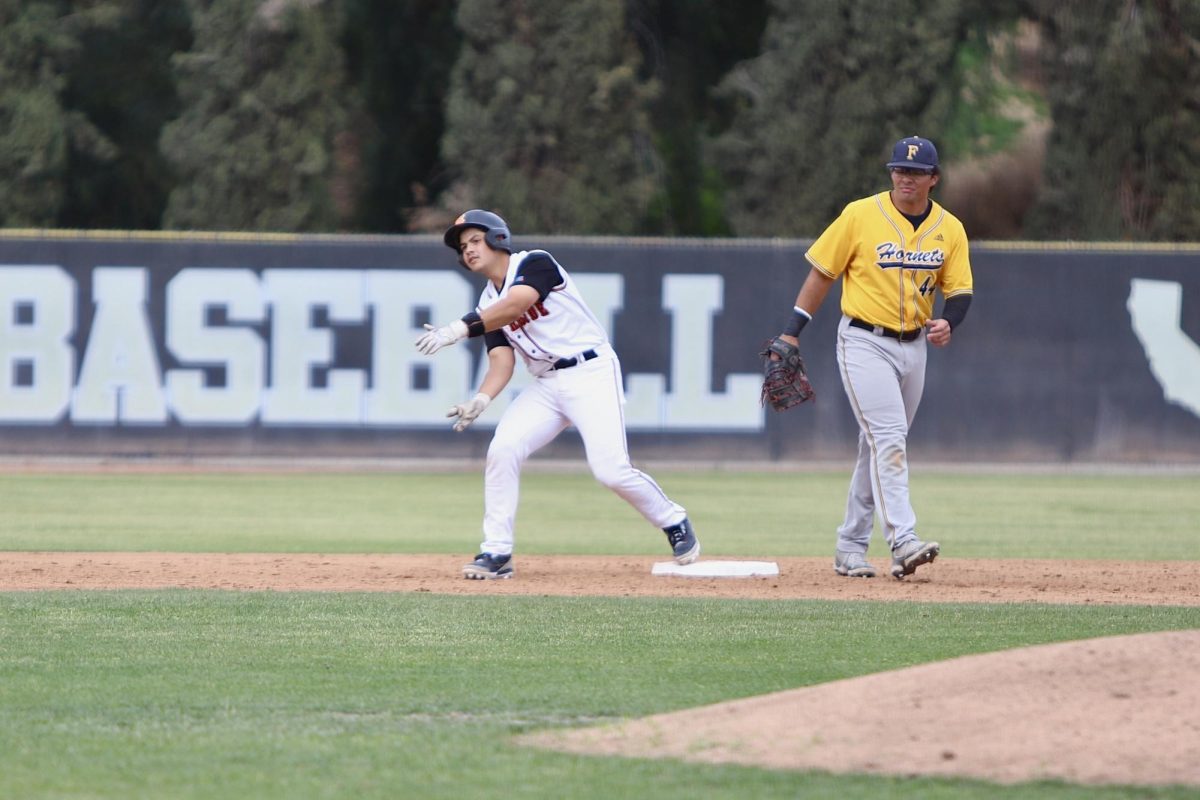By Jair Ramirez
The most successful coach in Riverside City College football history, Tom Craft, was upset after his team’s season opener.
“I think we showed signs of having the potential of being a pretty good team,” Craft said.
He said that every area of the team can show improvement.
The Tiger had a lot of penalties that slowed their momentum down in key moments throughout the game. RCC finished with nine penalties for 77 yards sophomore linebacker Matthew Eskridge.
RCC managed to hang on to the lead after a turnover filled fourth quarter. The final score was 45-40.
“We had some penalties, like the 15 yard penalty when I hit the quarterback,” Eskridge said. “We just got to get better on stuff like that.”
The Tigers finished the game with four turnovers, three fumbles and an interception.
“We made some mistakes but we’re young,” Eskridge said. “We’re just going to learn on Monday and get back to it.”
Eskridge had a big game with nine tackles, two tackles for loss and a sack.
LBCC came back to make it a one possession game. LBCC had a chance to have a game winning field goal but shot themselves in the foot by missing two extra point kicks and failed on a two-point conversion. Although RCC allowed multiple big plays, their defense did buckle down and freshman defensive lineman Esaia Bogar had two sacks on LBCC’s last drive to close out the game.
“We played hard all the way until the end, we didn’t give up,” Eskridge said. Quarterback Jordan Barton had an impressive first game back after missing all of last season with a shoulder injury.
“I was excited,” Barton said. “Excited just because I was back playing with Riverside on my chest again. It feels good to play for the city again, it really does.”
“We just need to perfect a lot of things. First game out we had a lot of mistakes. It was a good learning experience.”
Barton completed 26 out of 35 passes for 326 yards and five touchdowns.
RCC will face Golden West College for its home opener on Sept. 9 at Wheelock Stadium.

